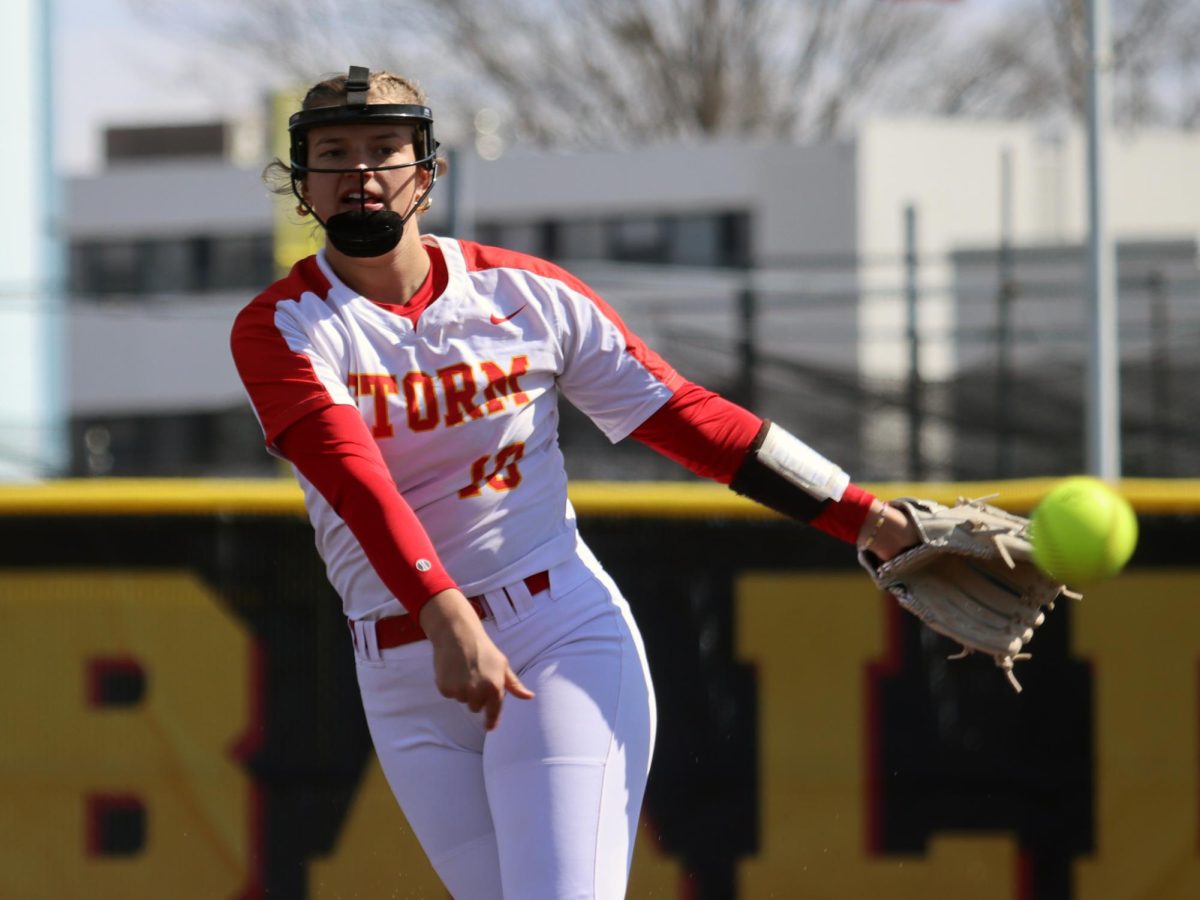Students not concerned with campus fire hazards
November 17, 2005
While fire hazards exist at Simpson, students don’t seem concerned about them.
Last year there were three arson reports on campus and 2003 had five reports. However, in both 2001 and 2002, there were no reported fires.
Jesus Mendez, director of campus services, said the overall increase in fires could be due to more fire hazards.
“There are some fire hazards,” said Jesus Mendez, director of campus services. “As we get ready for Thanksgiving and Christmas breaks it’s really important not to have candles or other fire hazards in your rooms. Four or five appliances plugged into extension cords is a fire hazard, as are halogen lights.”
Freshman Dillon McKelvey is not concerned about fires on campus; however, he has noticed a few fire hazards.
“People hang decorations on the sprinklers in their room,” McKelvey said. “But I’m not really worried about fires here on campus.”
Junior Matt Henderson, who lives in Hamilton Apartments, hasn’t noticed too many fire hazards.
“There really aren’t too many [fire hazards] in my building,” Henderson said. “I’m not concerned about fires. I don’t feel as if I live in a ‘fire trap.'”
According to McKelvey, the fire alarms may not be an effective way to protect students from fires.
“I know the fire-alarm buzzer works,” McKelvey said. “People always pull the fire alarm. If there really was a fire, the buzzer wouldn’t be effective in getting people out.”
Mendez said fire drills should help prepare students for potential real fires.
“It is recommended to have a fire drill at least once a year to train students,” Mendez said.
Smoke detectors and fire exits are important in protecting people in case of a fire, but some students don’t know if they work.
“I have no idea if [my smoke detector] works,” Henderson said. “I hope it does though. The fire exits are marked in the apartments as well as in other buildings.”
Mendez said smoke detectors are checked once a year, similar to the smoke detectors in private homes.
“Smoke detectors are checked when we get a room back from a person at the end of year,” Mendez said. “If you live in a home as opposed to a dorm, checking the smoke detectors is part of spring cleanup.”
Fire exits in Simpson’s buildings are marked and there are signs posted in students’ rooms addressing what to do in emergencies. However, Mendez said people should learn to rely on common sense to notice where the nearest exits are.
“It is common sense for our first reaction when we enter a room to look at where we should go in case of an emergency,” Mendez said. “Whenever you go into a room for the first time look around for a way to get out of an emergency.”











